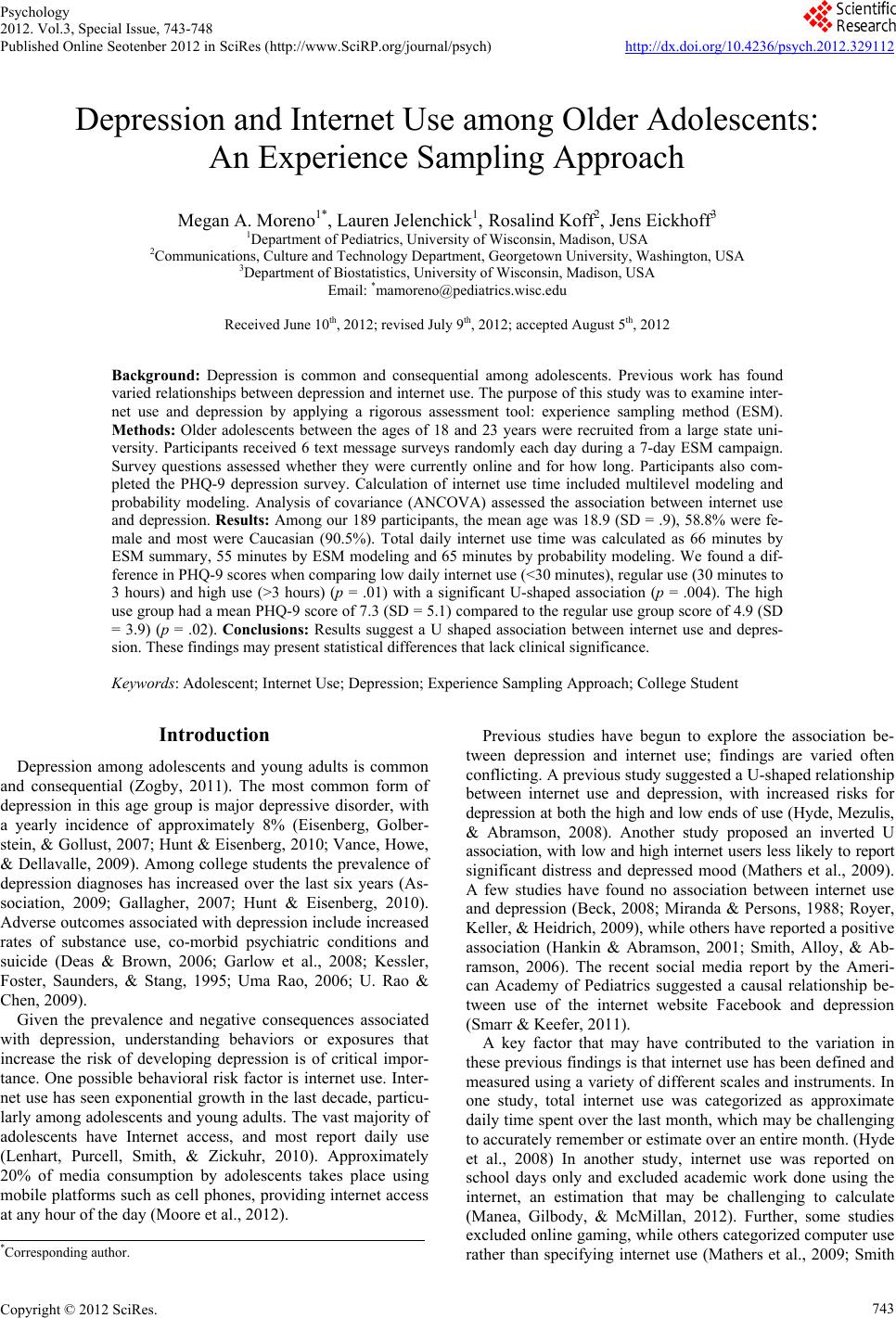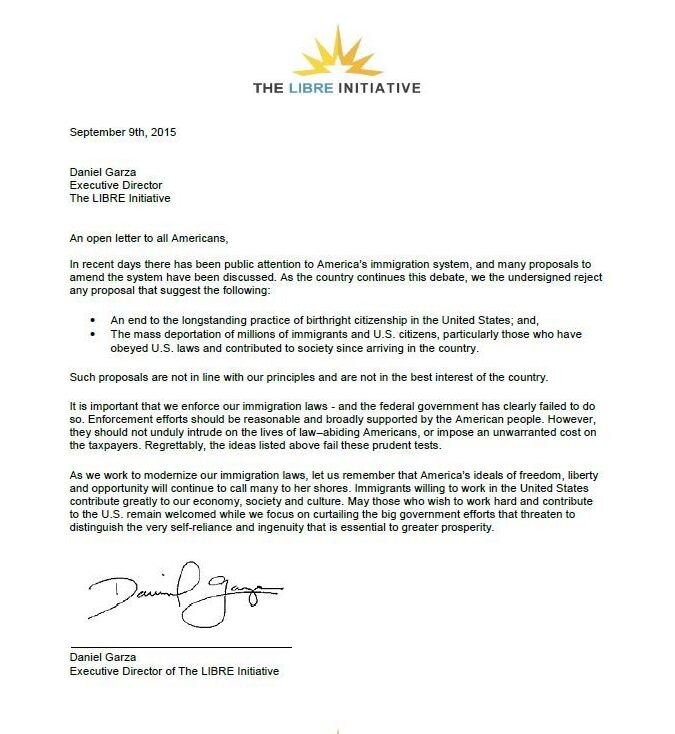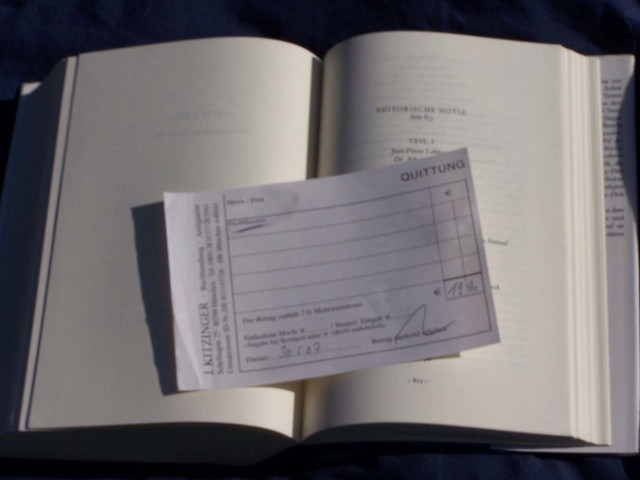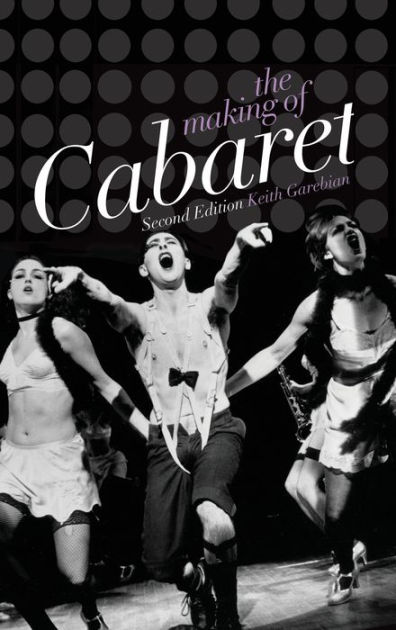
In the De Sanitate Tuenda also (132 a) Plutarch excuses flesh-eating on the ground that habit “has become a sort of unnatural second nature.” The work appears, on the whole, rather immature beside the Gryllus and the De Sollertia Animalium, but the text is so poor that this may not be the author’s fault.

ON THE EATING OF FLESH (DE ESU CARNIUM) I INTRODUCTION These two badly mutilated discourses, urging the necessity for vegetarianism, are merely extracts from a series (see 996 a) which Plutarch delivered in his youth, perhaps to a Boeotian audience (995 e). 1 In spite of the exaggerated and calculated rhetoric 2 these fragments probably depict faithfully a foible of Plutarch's early manhood.

The Eating of Flesh I On the Eating of Flesh I. 1. Can you really ask what reason Pythagoras a had for abstaining from flesh? For my part I rather wonder both by what accident and in what state of soul or mind the first man b who did so, touched his mouth to gore and brought his lips to the flesh of a dead creature, he who set forth tables of dead, stale c bodies and ventured to call food and.

Of particular note is Plutarch's essay On the Eating of Animal Flesh, in Volume 12 of the Moralia, in which he challenges the idea that man is naturally carnivorous, and maintains the argument that animals deserve ethical consideration because they possess the attributes of intelligence and sentience.








